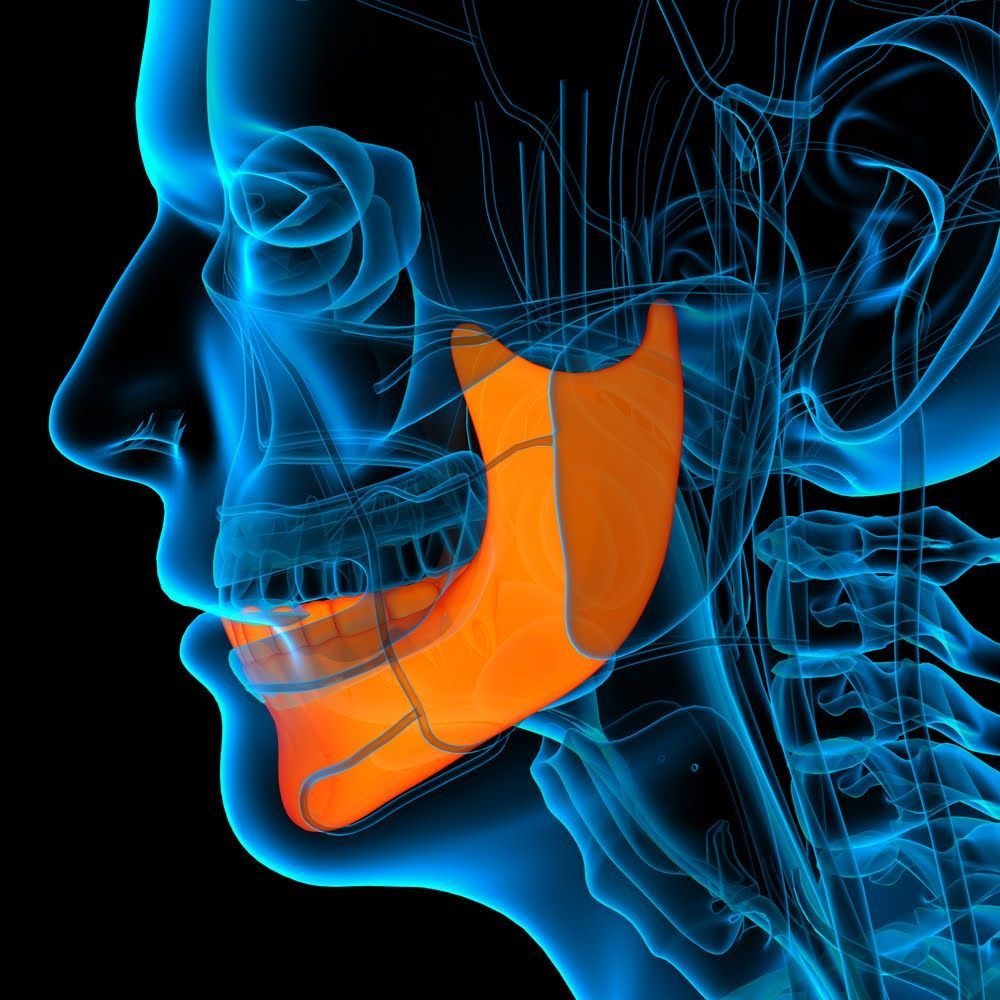Extract | The San Diego Center for Oral & Maxillofacial Surgery
Admin • June 12, 2020
Why You Might Need a Surgical Tooth Extraction

Teeth extraction is usually a simple process that doesn't involve surgery, but there are exceptions. Below are some of the reasons you might need a surgical tooth extraction.
Broken Tooth
In a simple tooth extraction, the dentist uses a pair of forceps to grab and extract the tooth. This process is not possible if the tooth is broken down into different fragments. In such a case, the dentist has to cut into your gum or gum and jawbone to remove the various pieces of your tooth. Bruxism, accidents, and trauma are some of the reasons a tooth might break.
Fragile Tooth
Your dentist can only execute a simple extraction if the tooth is strong. Brittle or fragile teeth can easily break during simple extraction. Some causes of fragile teeth include:
- Genetic conditions
- Aging
- Medication
- Nutritional deficiencies
- Poor oral care
If your dentist notices that your tooth is brittle, they may elect to conduct a surgical extraction to avoid breaking the tooth during a simple extraction.
Complicated Roots
Tooth roots are the lower parts of the tooth that anchor it in the jawbone. The nature of the roots determines the ease or possibility of a simple extraction. Your dentist may prescribe a surgical operation if the tooth's roots:
- Are too long
- Are unusually thin
- Have unusual shapes
Such tooth roots risk breakage during simple extraction. Your dentist will review your dental records and conduct a dental examination to understand the nature of the roots before the extraction.
Root Breakage
A tooth can be fragile without displaying any symptoms of its fragility. In such a case, the dentist might attempt a simple extraction, only for a root or roots of the tooth to break off and remain within the gums. The dentist then has to cut into the tissues around the tooth to retrieve the broken pieces, thereby turning a simple extraction into a surgical one.
Impacted Tooth
Sometimes, teeth fail to erupt fully or at all — those are impacted teeth. Causes of impacted teeth include:
- Overcrowding
- Undersized jawbones
- Angular growth
The molars or wisdom teeth are particularly susceptible to impaction. With an impacted tooth, the dentist has to use surgical extraction if you don't have adequate tooth tissue that the forceps can grab onto.
Eroded Tooth
Dental problems can erode your tooth to the point where no tooth tissue is above the gumline. Typical causes of enamel erosion include:
- Excessive consumption of acidic or sugary drinks
- Dental caries
- Medication
- Inherited conditions
- Chronic tooth grinding
Without anything to grab onto, the dentist has no option but to remove the tooth via surgical extraction.
Dense Bones
Dentists can extract teeth with forceps because bone tissues around the teeth are slightly elastic. A simple extraction can be extremely painful and complicated if the jawbone is too dense. Jawbone density increase with age when blood supply to the jaw decreases. In such a case, a simple extraction can even break your jawbone.
Bone Exostoses
Bone exostosis is a growth anomaly where new bone forms on the surface of an existing bone. Dentists don't know the exact cause of bone exostosis, but they suspect genetics play a role.
Bone deposits increase the risk of extraction complications. For example, the deposits increase the risk of tissue damage. Thus, bone exostosis makes surgical extraction preferable to a simple extraction.
You can't know whether you qualify for simple tooth extraction or you need a surgical extraction before you visit the dentist. Luckily, The San Diego Center for Oral & Maxillofacial Surgery is equipped to deal with both forms of extractions. Contact us
today, and we will help you with your dental problem, irrespective of the treatment it requires.










